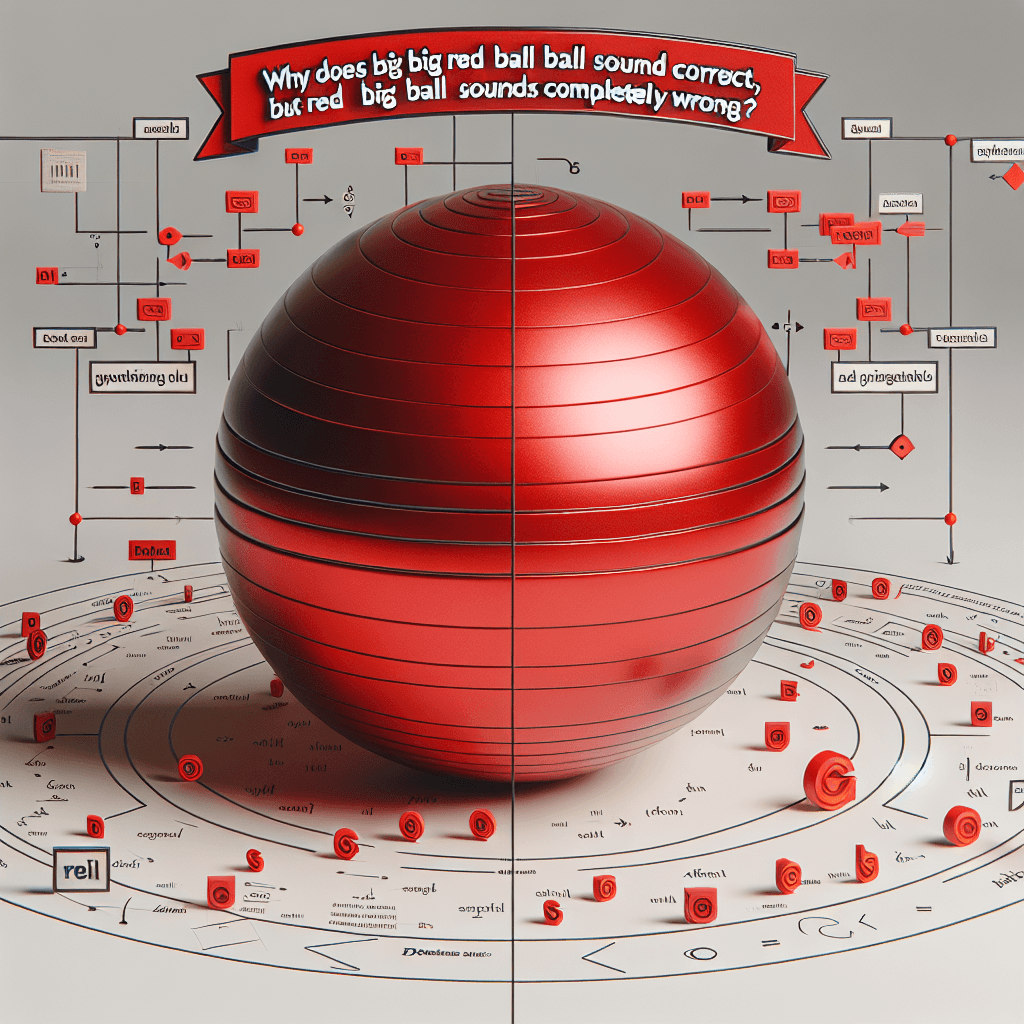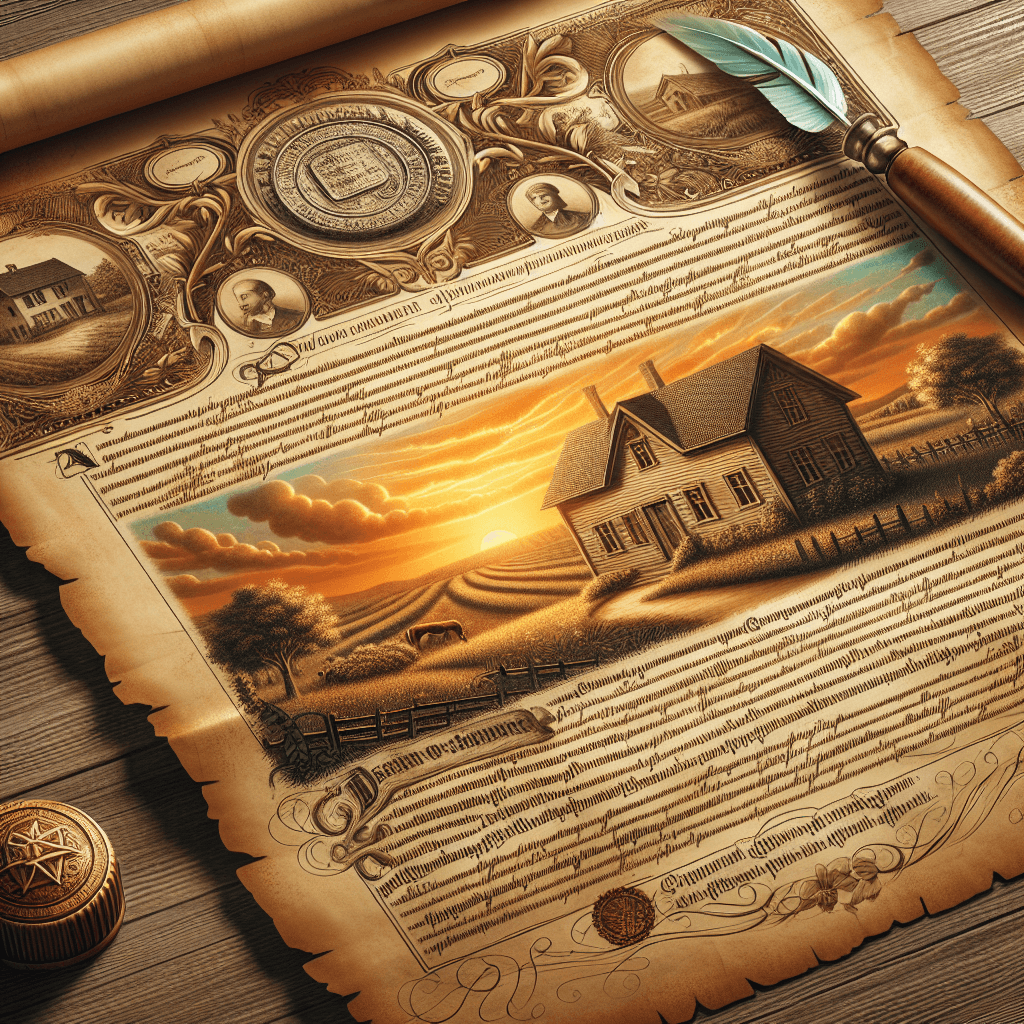Articles
Explore our collection of articles covering a wide range of topics.

Why does big red ball sound correct, but red big ball sounds completely wrong?
English has an unspoken rule for the order of adjectives based on their type. We instinctively place adjectives for size, like big, before adjectives for color, like red. Reversing this order is why red big ball sounds wrong.


Why do some airplane trails linger for hours while others vanish in seconds?
It all depends on the humidity at high altitudes. Lingering trails form in humid air, allowing the ice crystals from the engine to survive and spread. Trails that vanish quickly form in dry air, where the ice crystals evaporate almost instantly.


Why does the sun make your skin darker but your hair lighter?
TLDR: Your skin is alive and responds to sun damage by creating more dark pigment for protection, making it tan. Your hair is dead, so the sun simply breaks down its existing pigment, bleaching it lighter.


Why do some old property deeds grant ownership of all the air up to the heavens?
TLDR: An ancient legal principle gave landowners rights from the center of the earth to the heavens to prevent neighbors from building over their property. This became impractical with the invention of airplanes, so modern law now limits your air rights to only the usable space immediately above your land.


Why do restaurants often garnish plates with a single lonely sprig of parsley?
TLDR: That single parsley sprig is a cheap, old-school tradition. It adds a pop of color to make food look fresher and more complete, and can also act as a palate cleanser.


Why is bare ground at construction sites often sprayed with that weird green stuff?
TLDR: That green stuff is hydroseed, a mix of grass seed, mulch, and fertilizer sprayed onto bare soil. It prevents erosion from wind and rain while helping new grass grow quickly. The green dye simply helps workers see where they've sprayed for even coverage and fades away.
